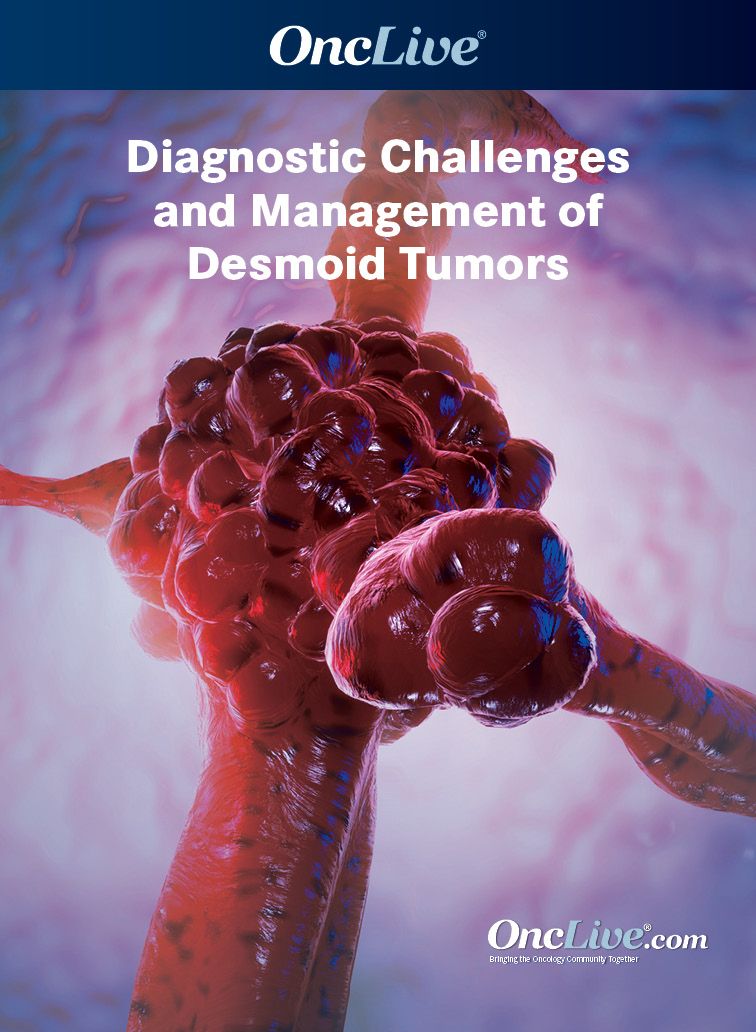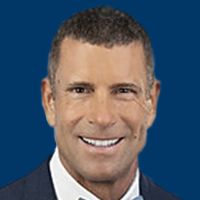Publication
Video
Dr. Wilky on the Diagnosis and Management of Desmoid Tumors
Author(s):
Breelyn Wilky, MD, discusses the diagnosis and management of desmoid tumors.
Breelyn Wilky, MD, director, Sarcoma Medical Oncology, deputy associate director, Clinical Research, associate professor, Medicine-Medical Oncology, University of Colorado Medicine, discusses the diagnosis and management of desmoid tumors.
Desmoid tumors are a type of soft tissue tumor that often occur spontaneously and are localized to one area of the body, such as the leg, arm, or trunk, Wilky says. Like sarcomas, desmoid tumors are rare, so patients are often misdiagnosed with a bone spur or cyst. As such, it is critical for patients to seek a second opinion from a soft tissue tumor specialist to confirm an accurate diagnosis.
Historically, surgery was the mainstay of treatment for patients with desmoid tumors. However, surgical resection can trigger recurrences of desmoid tumors in up to 50% of patients. Alternative options, such as observation or systemic therapy, should be considered as approximately 20% of desmoid tumors regress without surgical or therapeutic intervention, Wilky explains.
If patients require treatment because they have pain or their tumor is in a potentially life-threatening location, such as the abdominal wall or chest, hormone-blocking agents, traditional chemotherapies, and targeted therapies, such as sorafenib (Nexavar), are potential systemic options, Wilky says. Additionally, novel agents, such as nirogacestat, and interventional approaches, such as cryoablation, are being evaluated to expand the therapeutic paradigm.
Notably, desmoid tumors that occur in conjunction with familial adenomatous polyposis are particularly challenging to manage because patients have an inherited tendency to develop multiple desmoid tumors in multiple areas, such as the abdominal cavity. In these cases, it can be difficult to maximize quality of life as many patients have undergone multiple surgeries and have complications from bowel obstructions or resections. Although the field hopes that novel agents like nirogacestat will be effective in this patient population, this subgroup represents an area of unmet need, Wilky concludes.
Funding from SpringWorks Therapeutics/Content Developed Independently by OncLive










